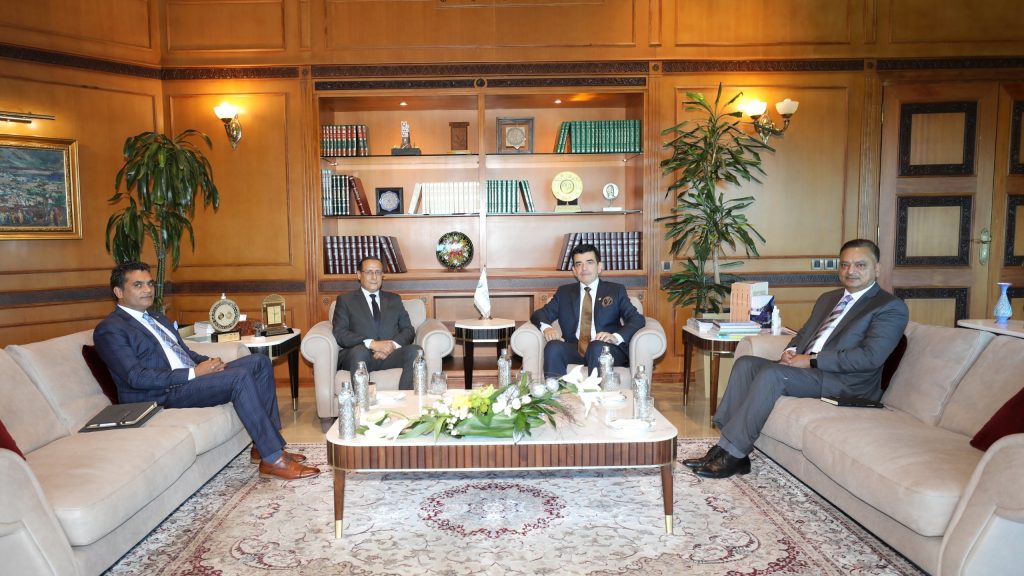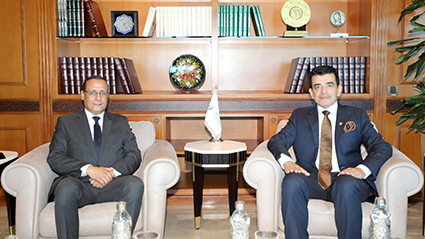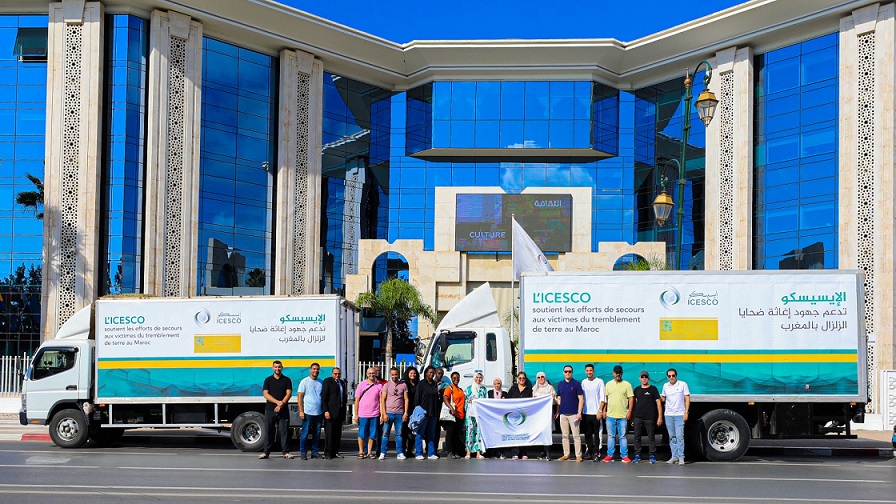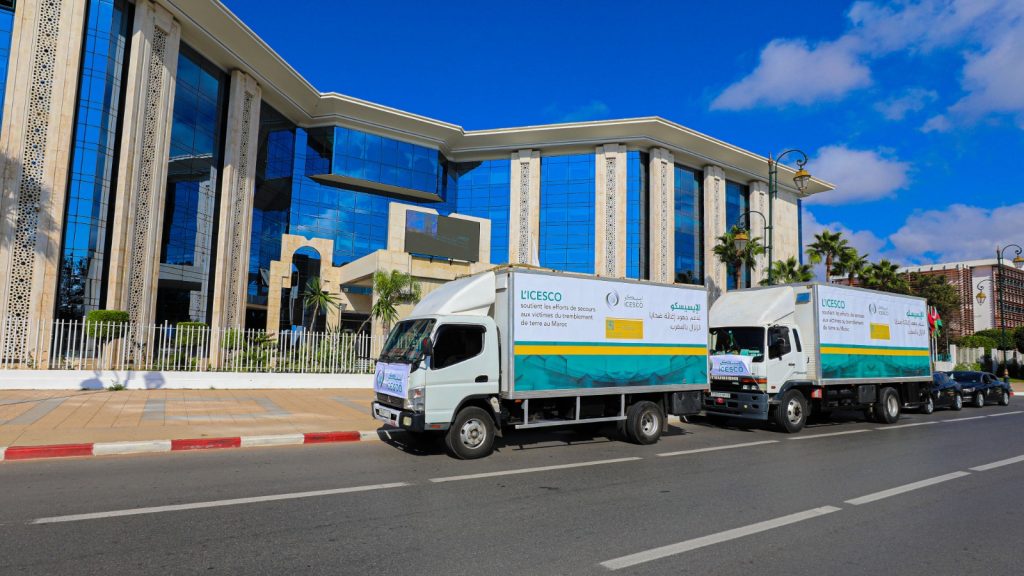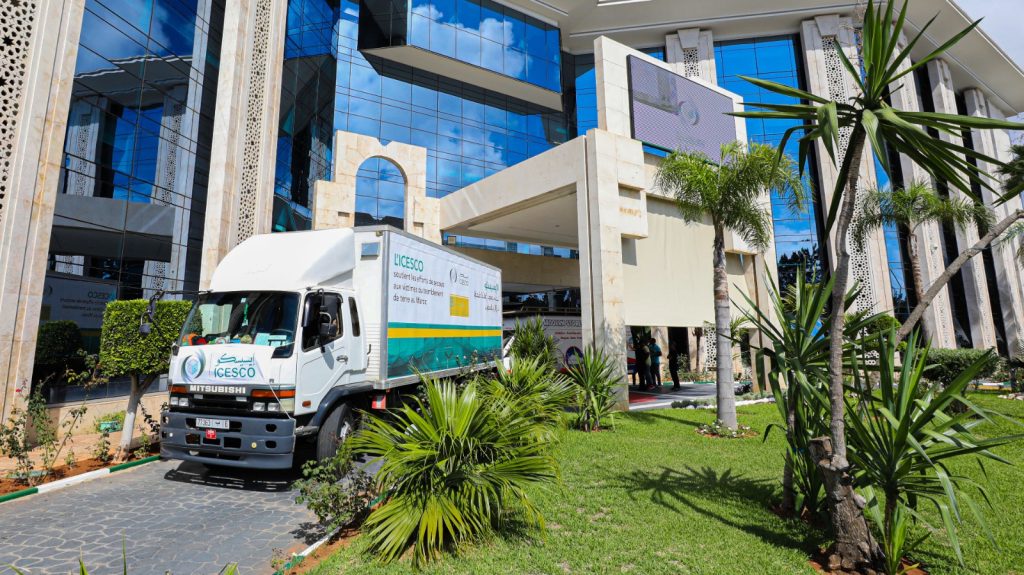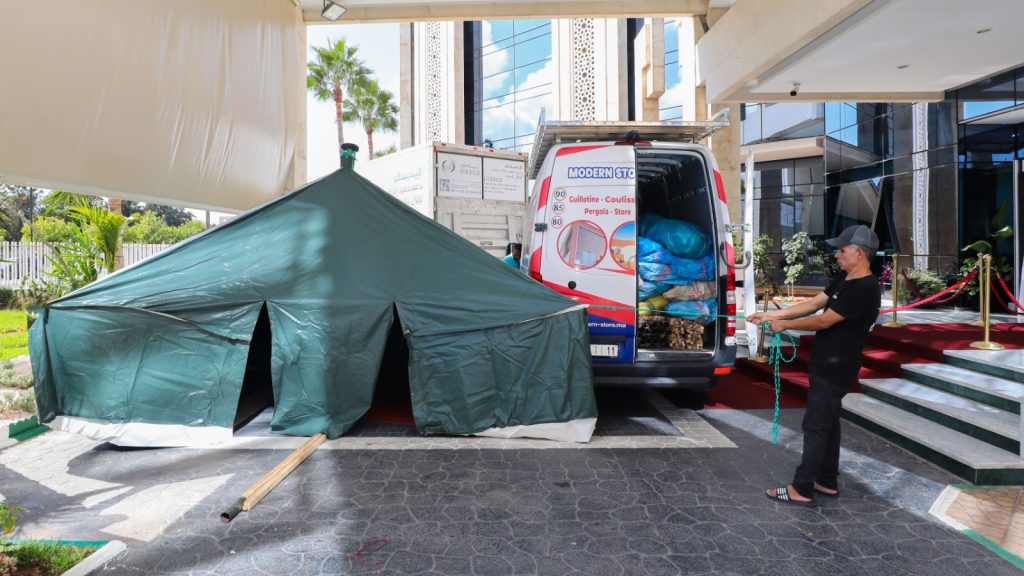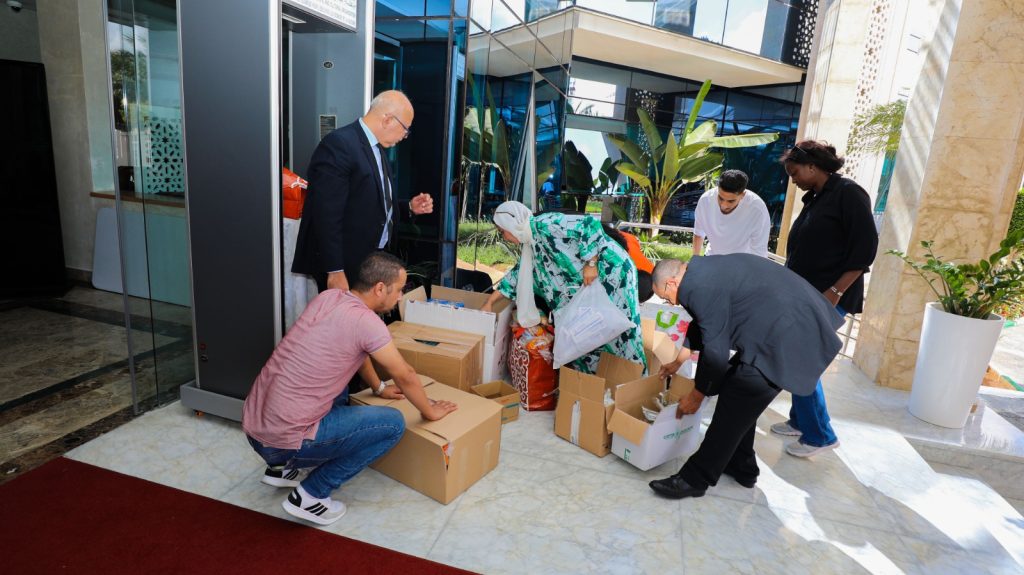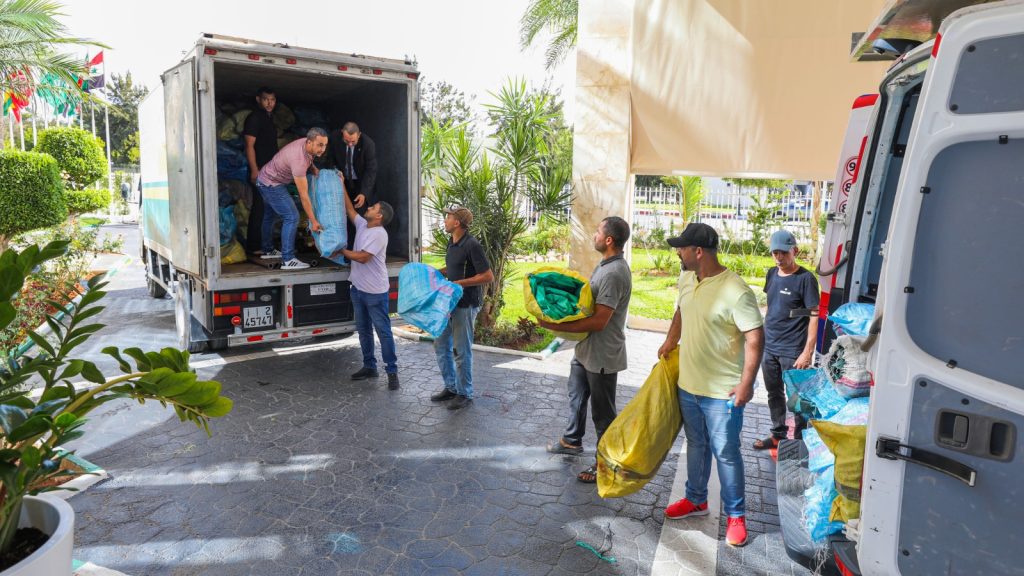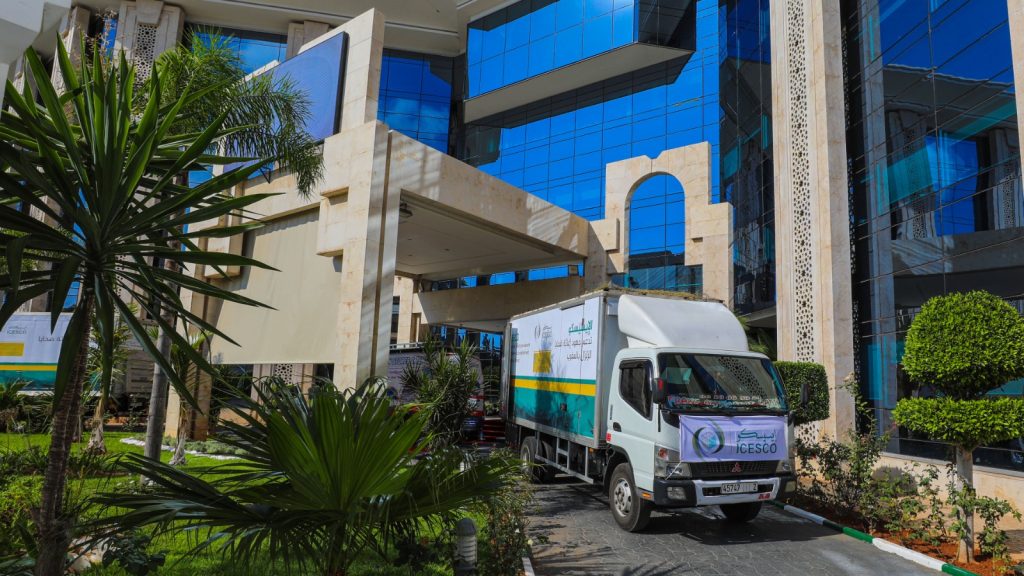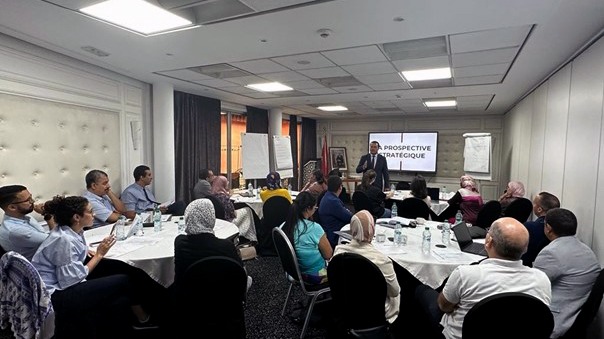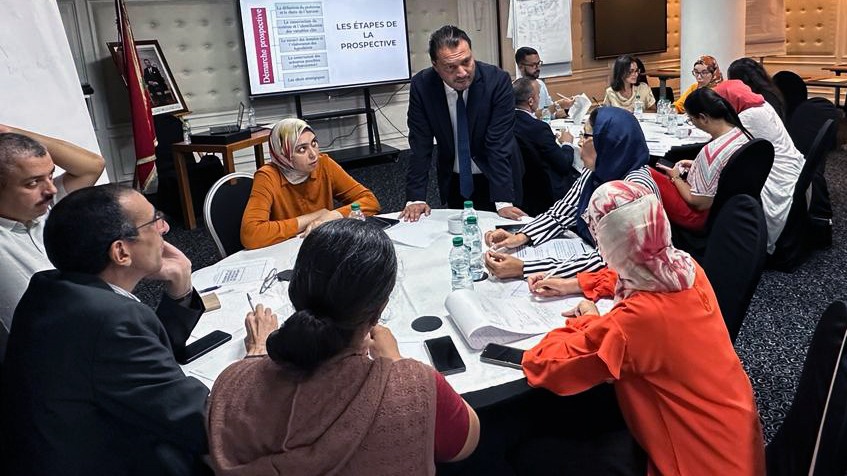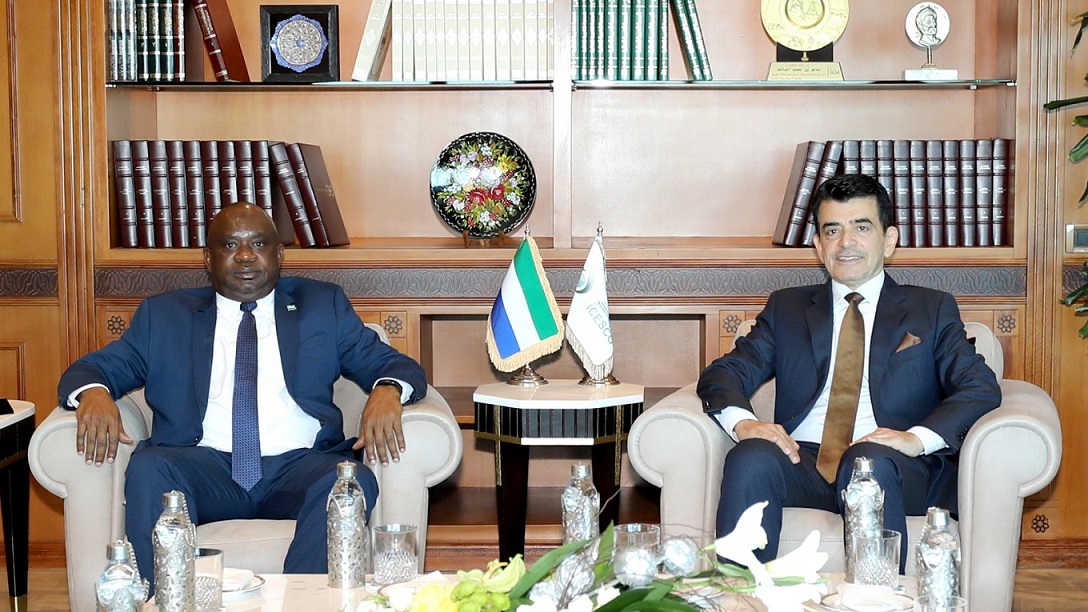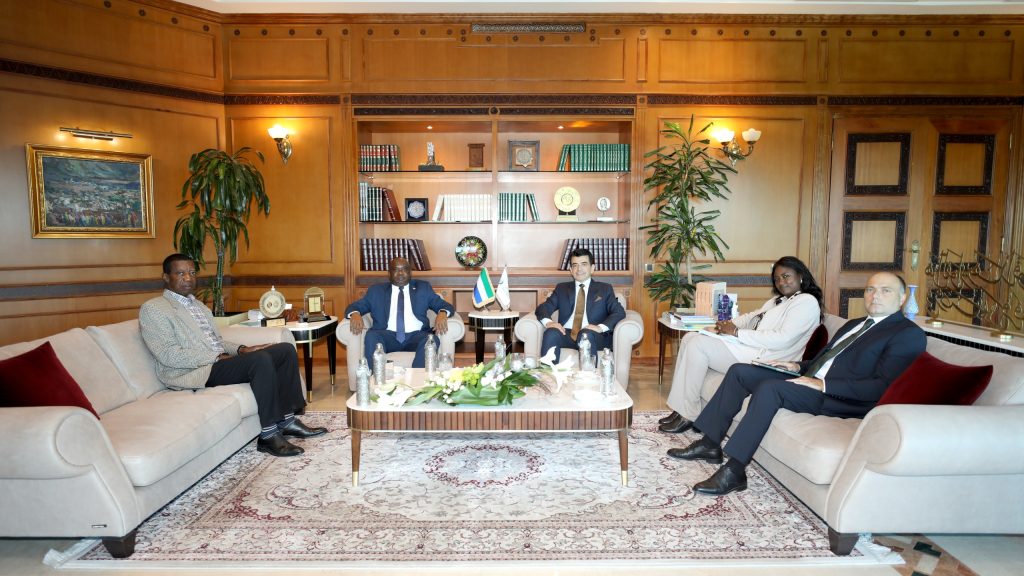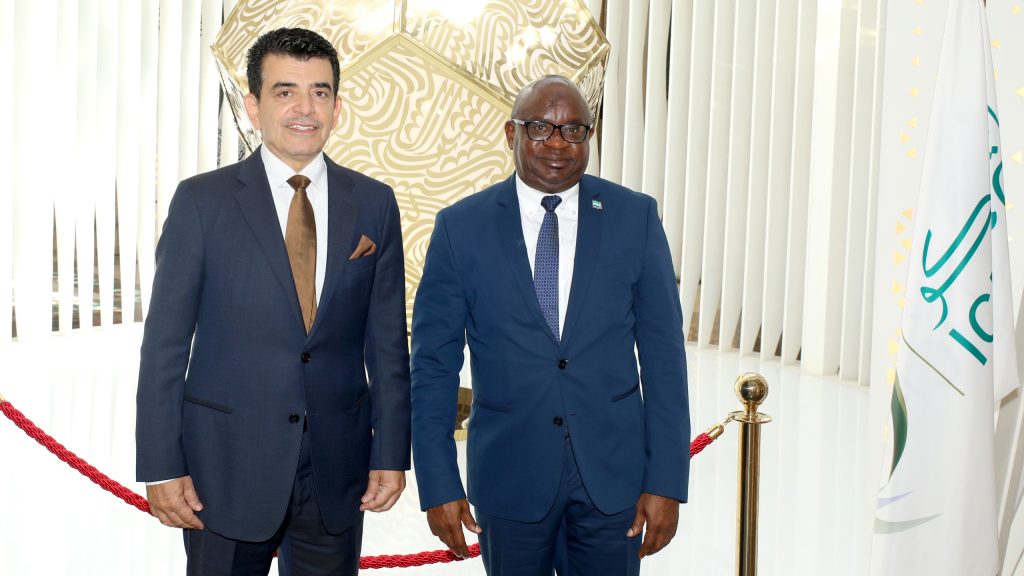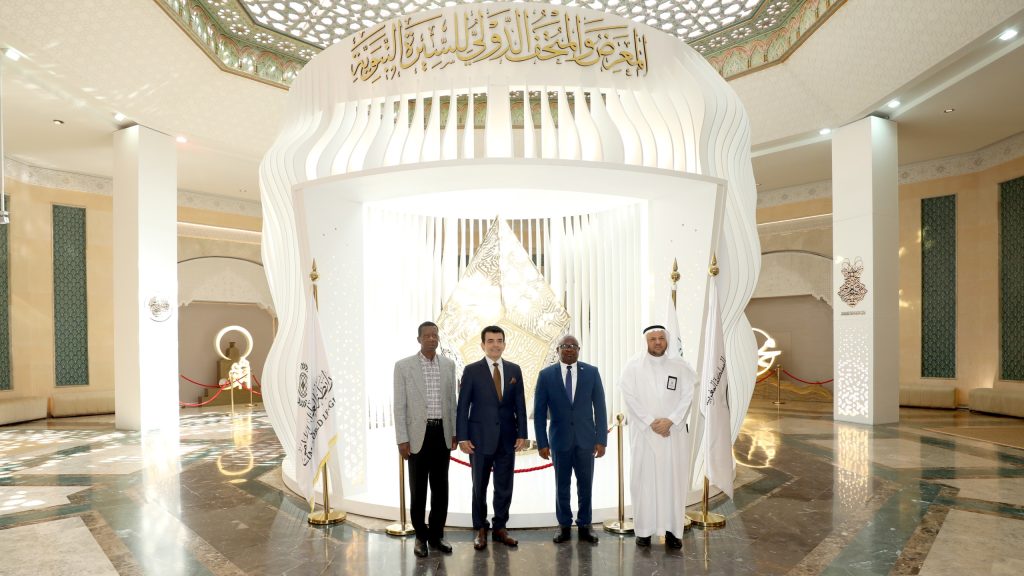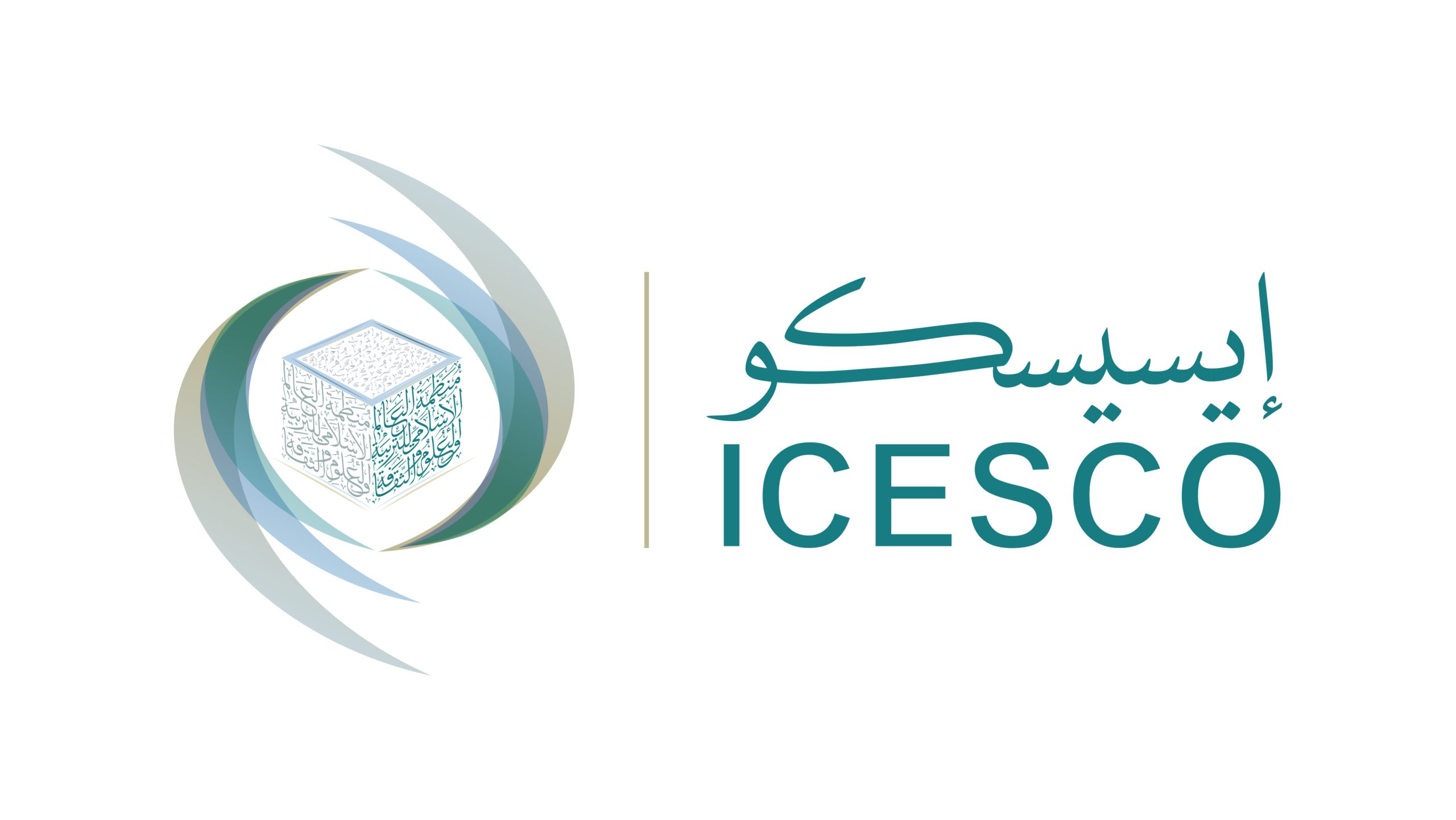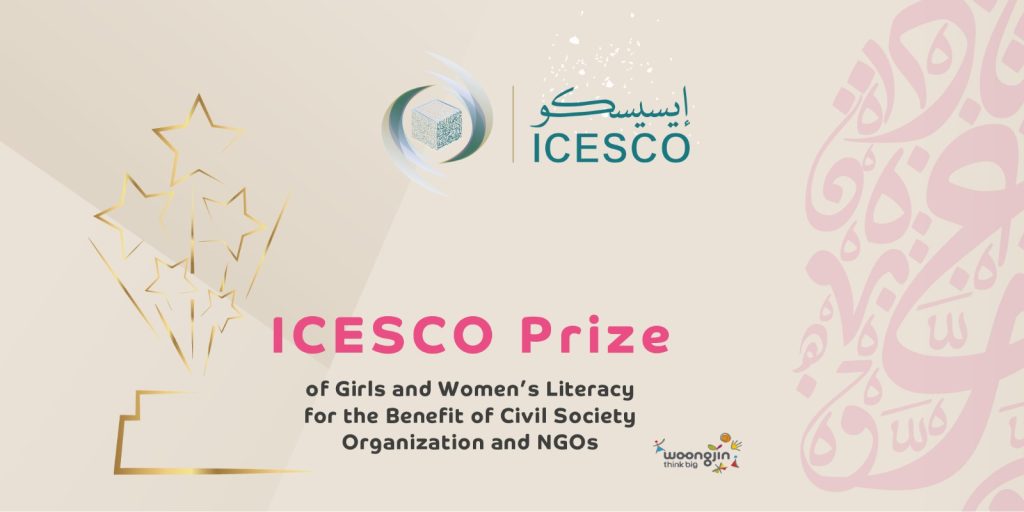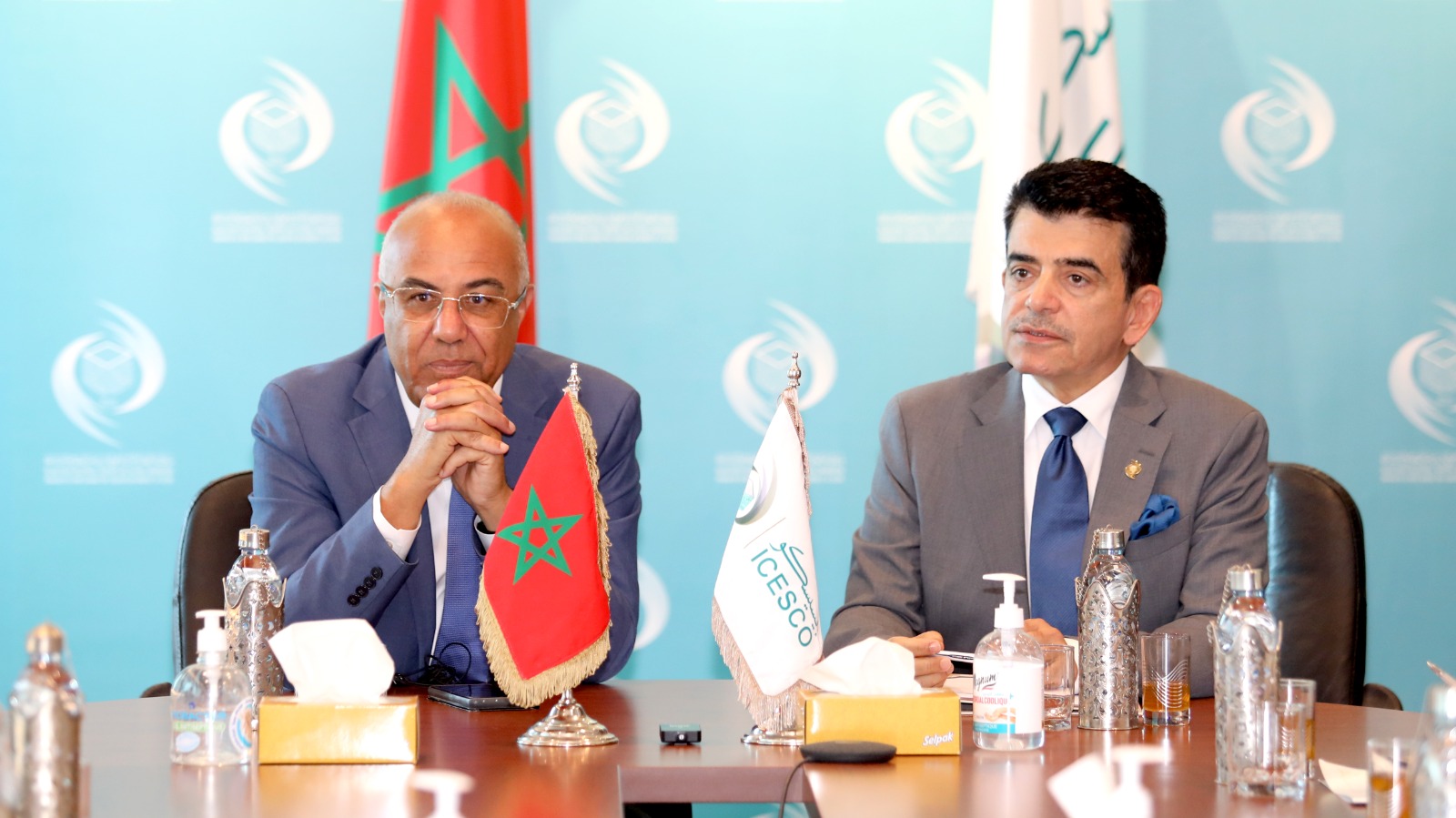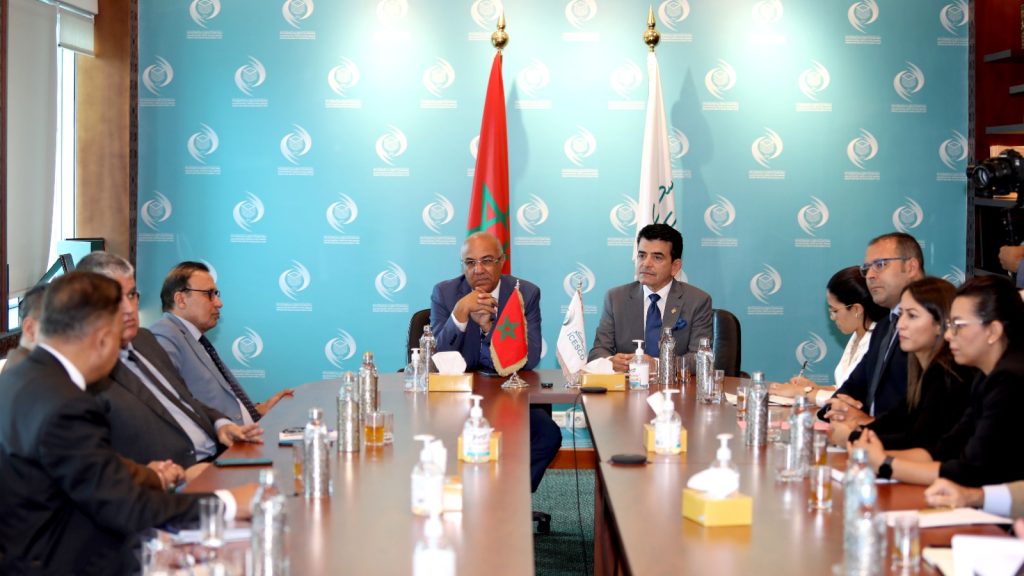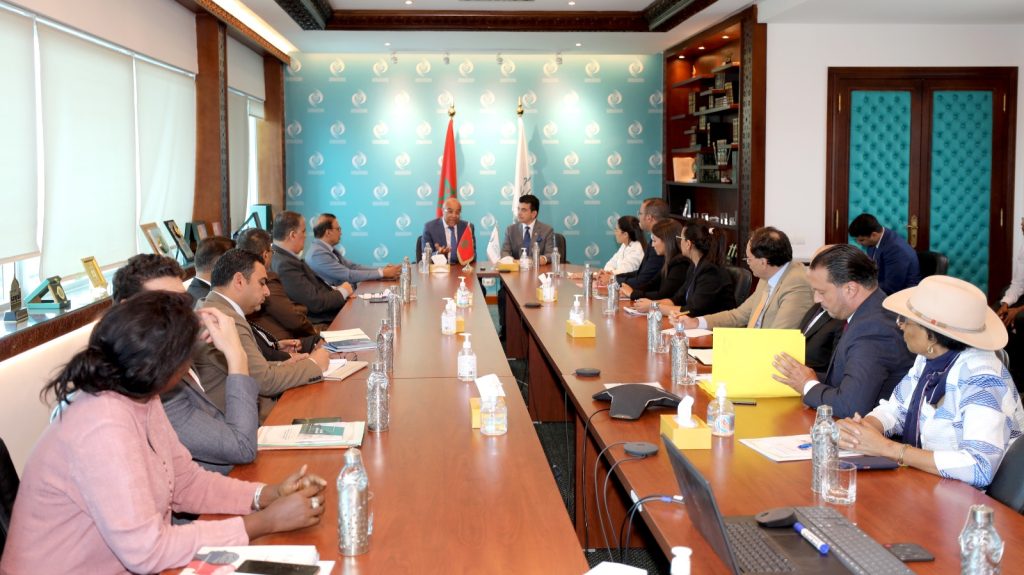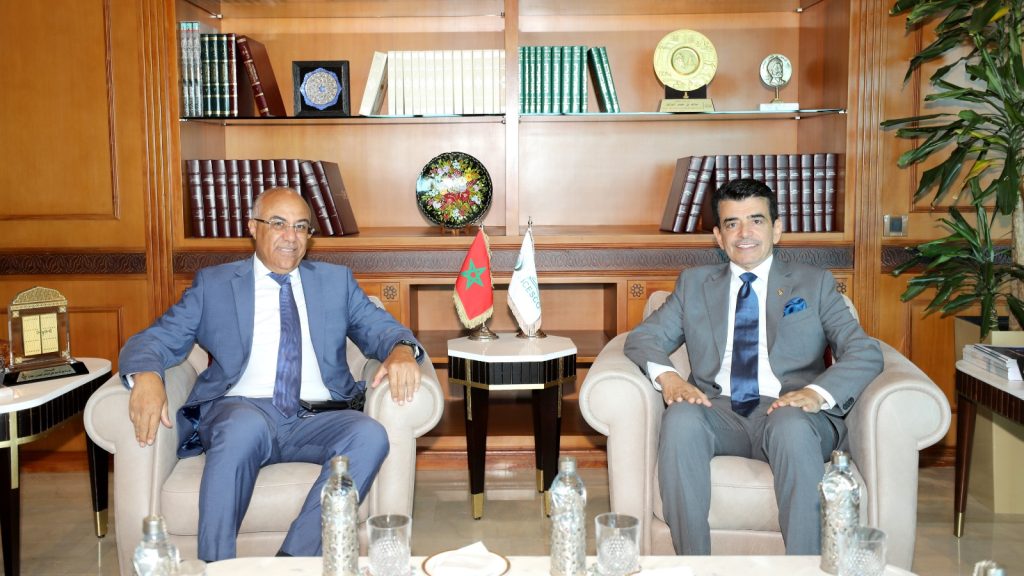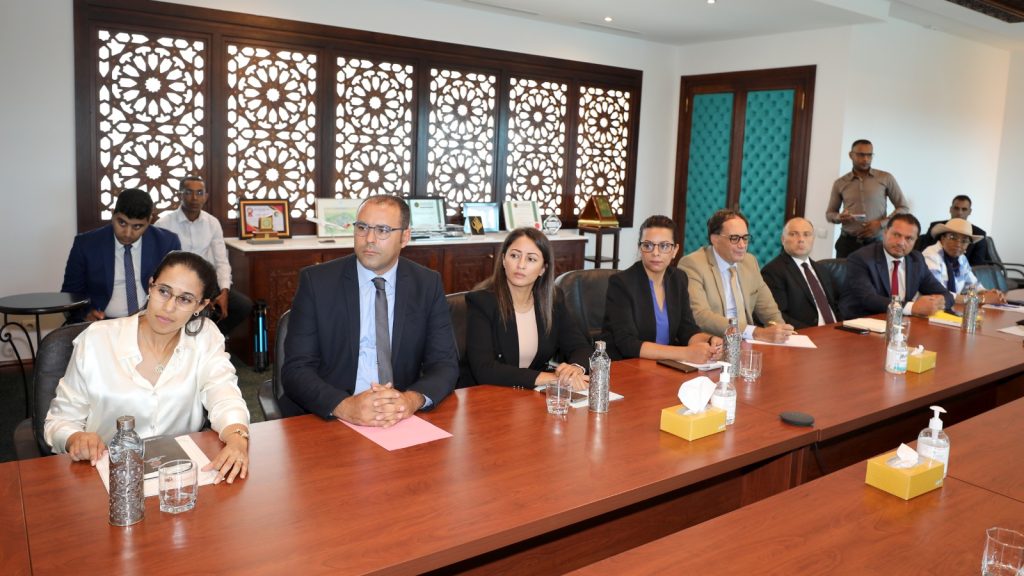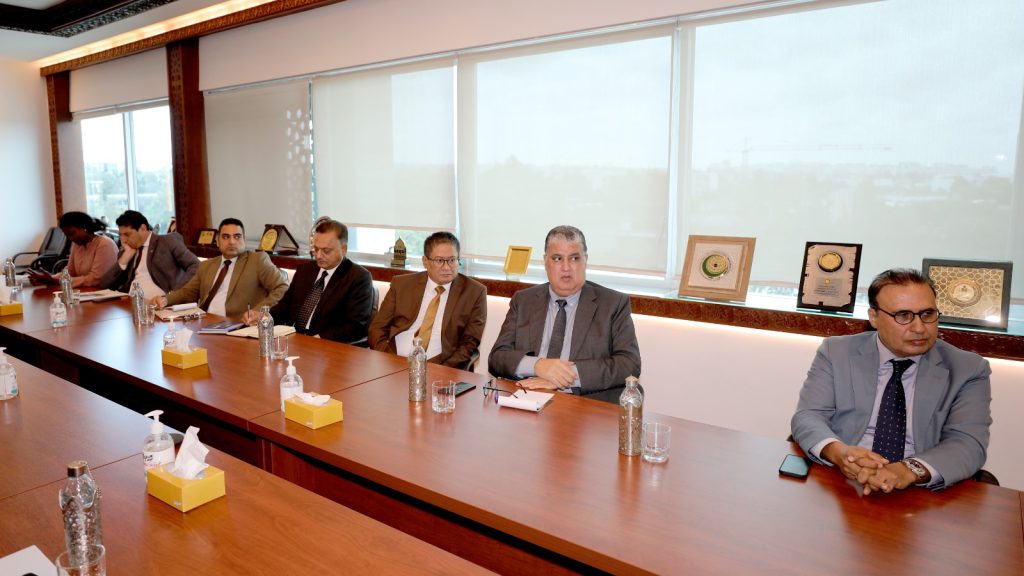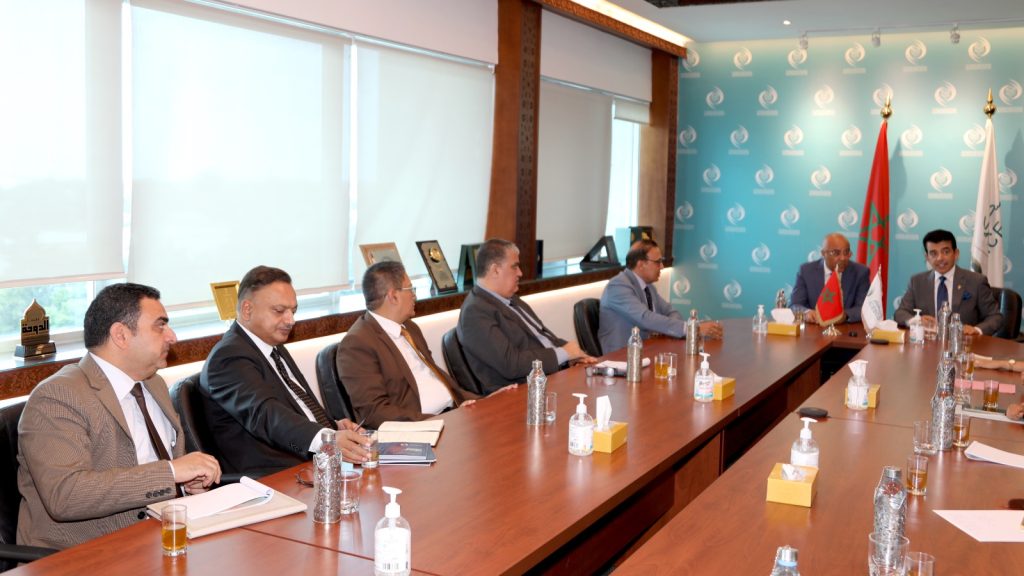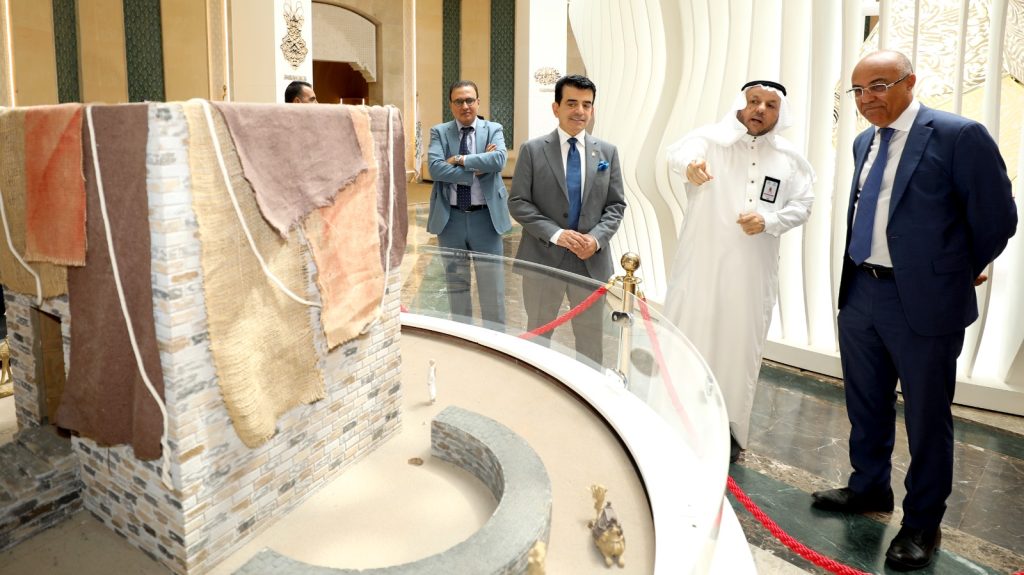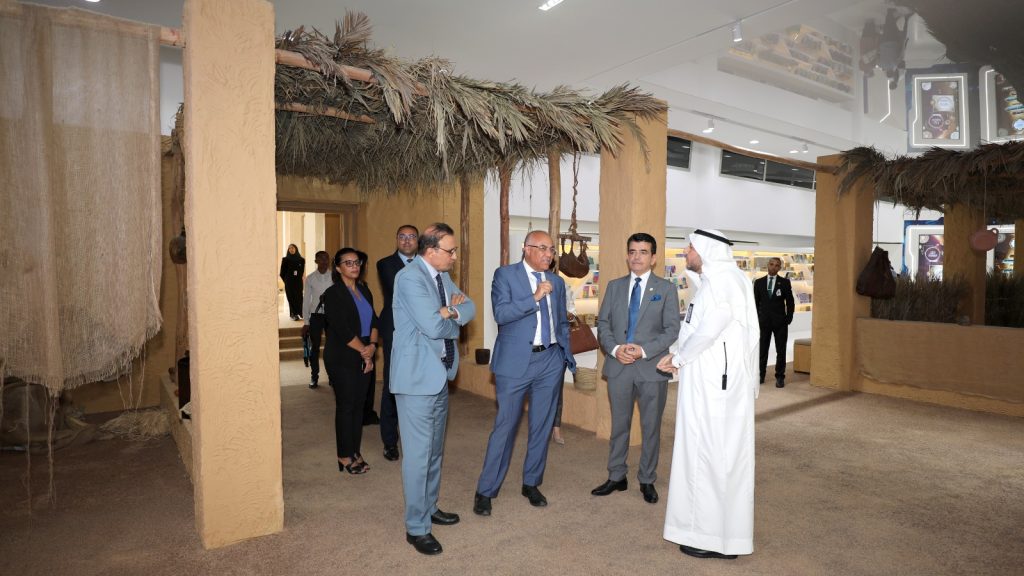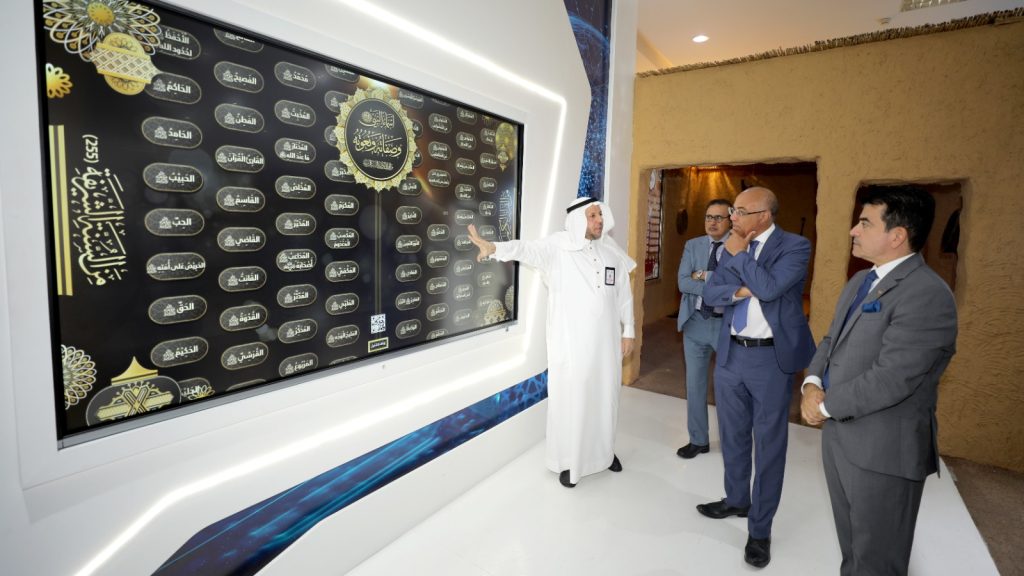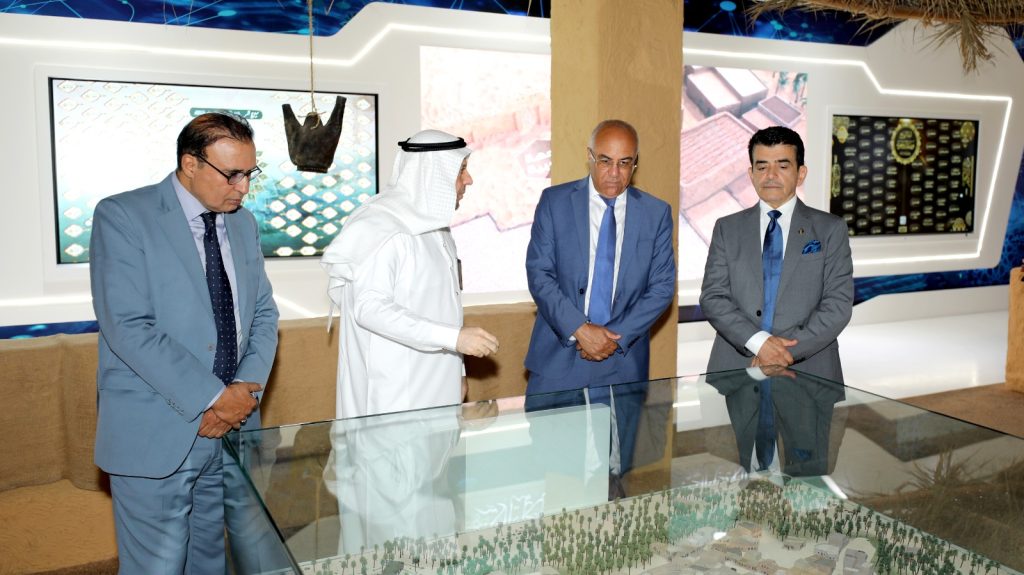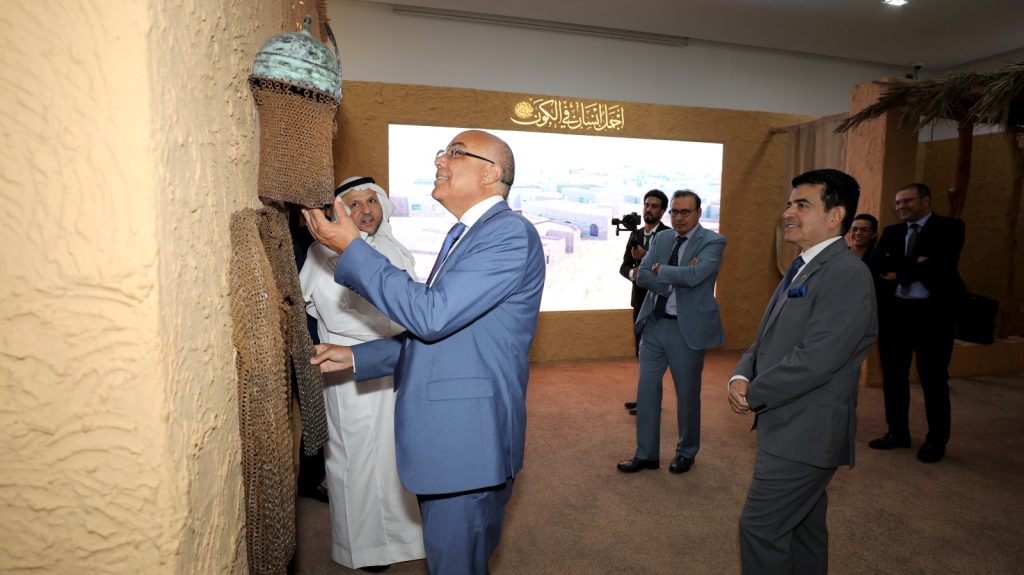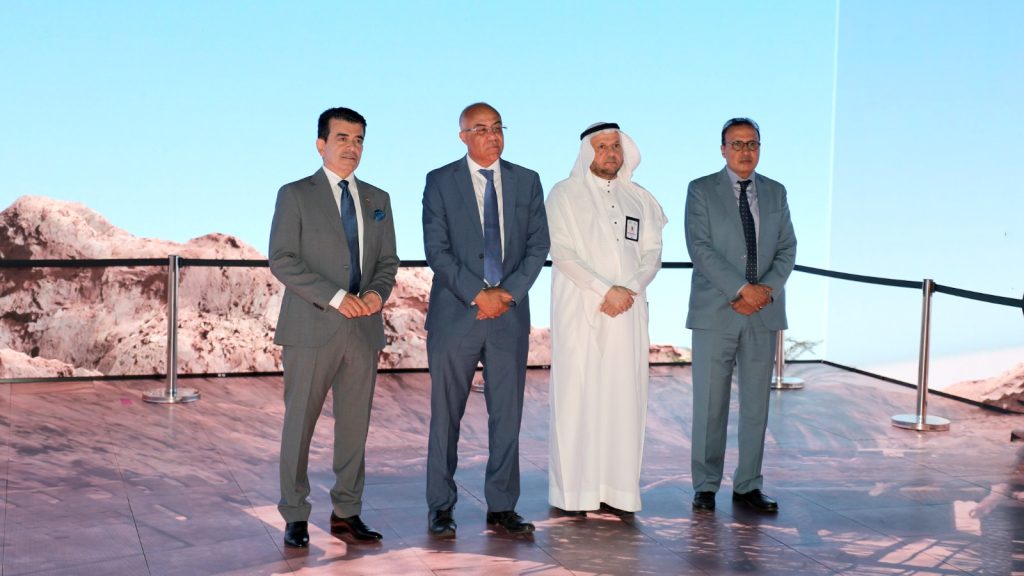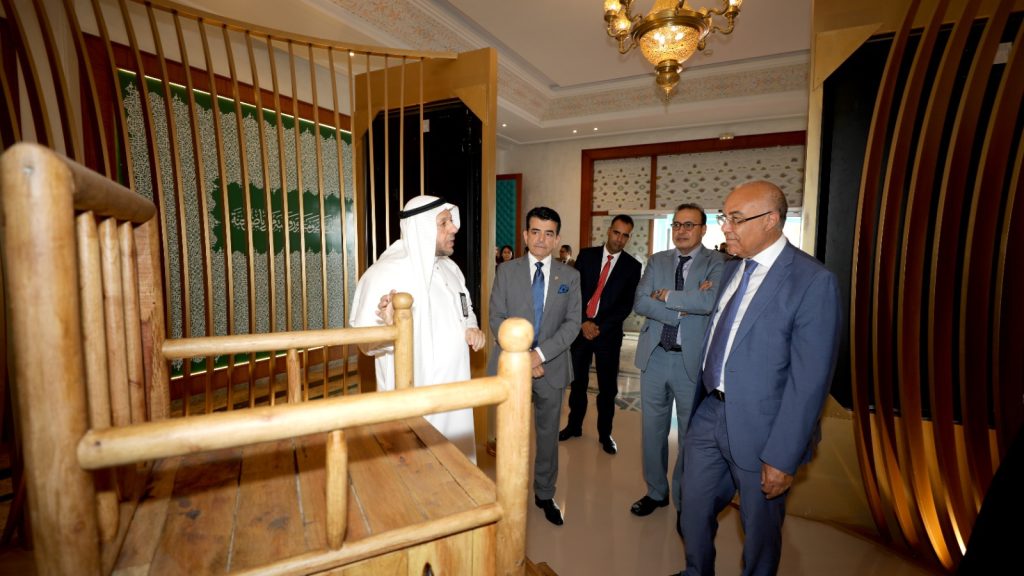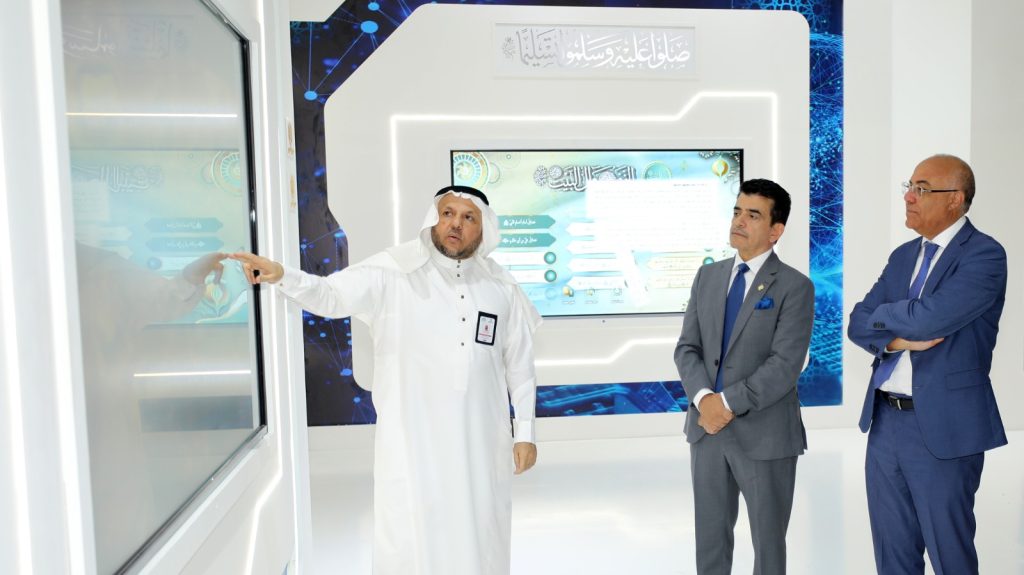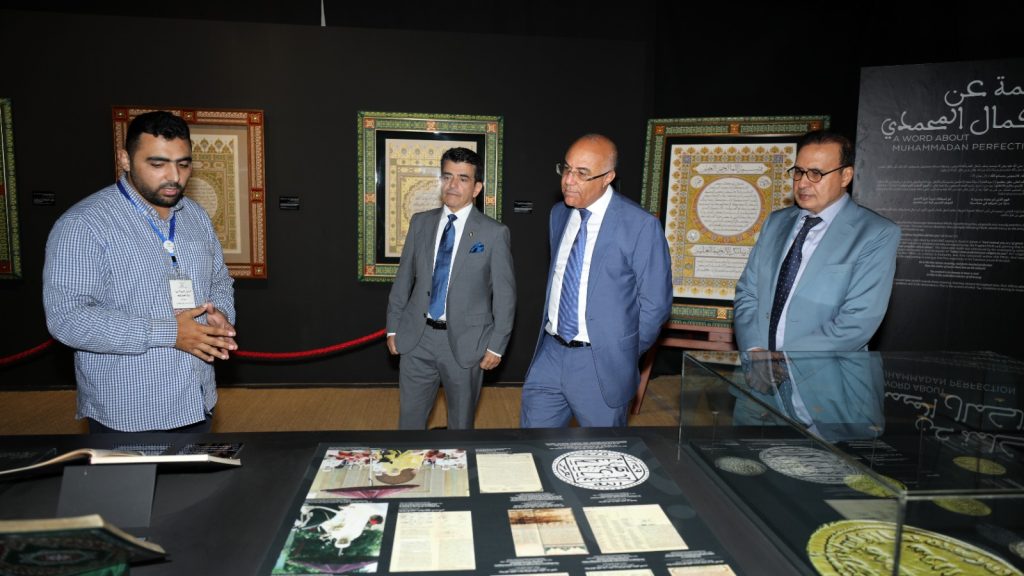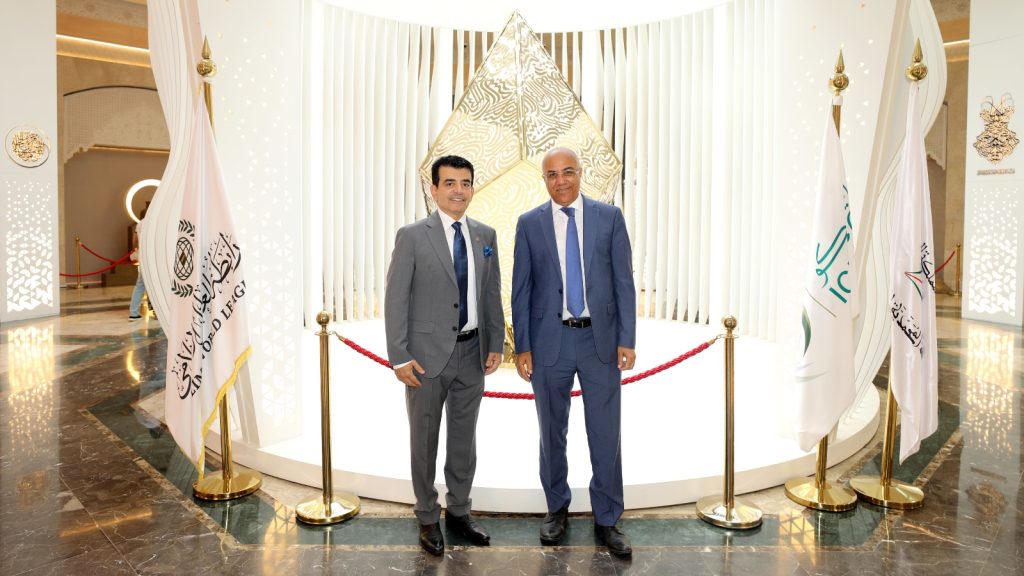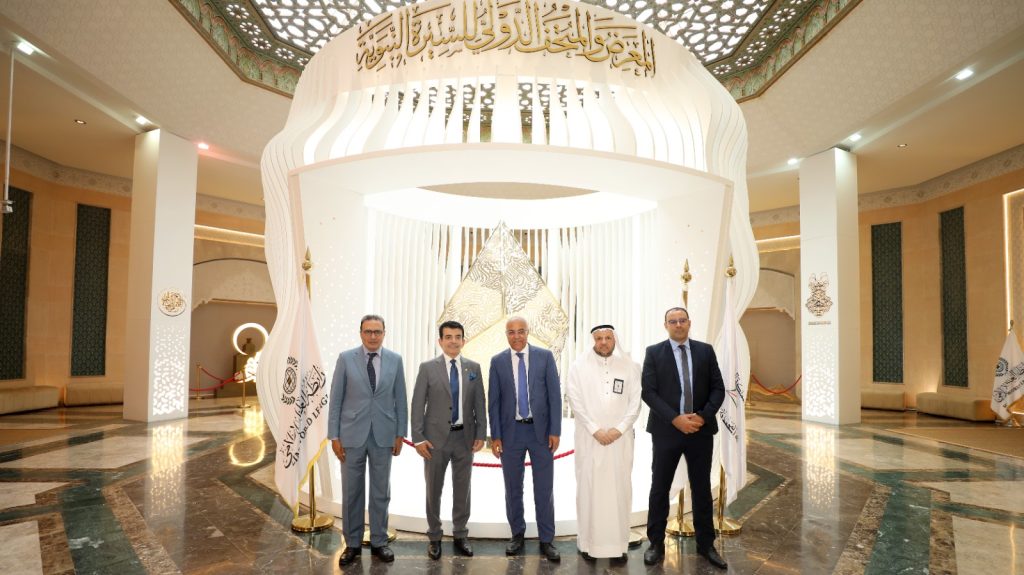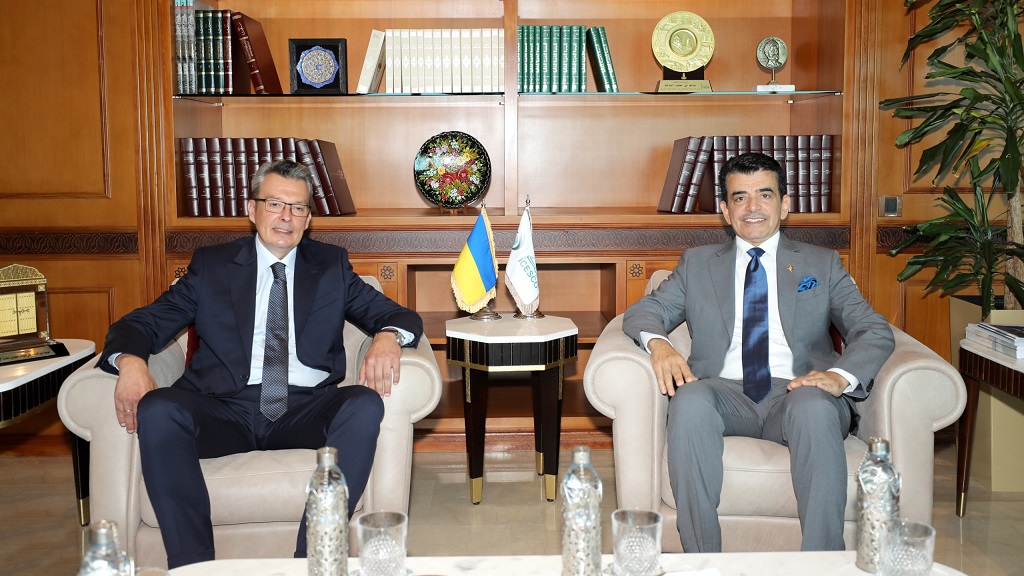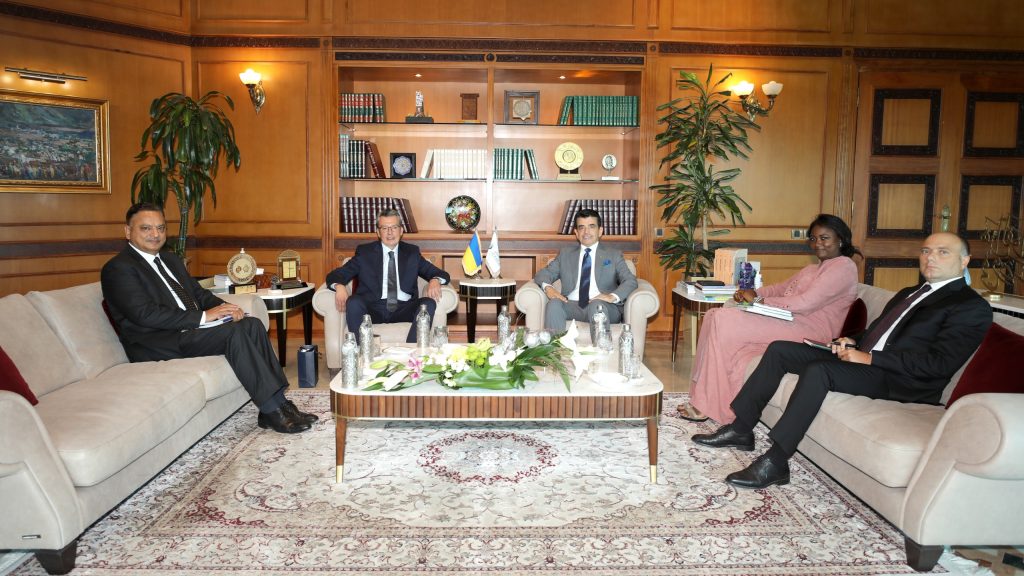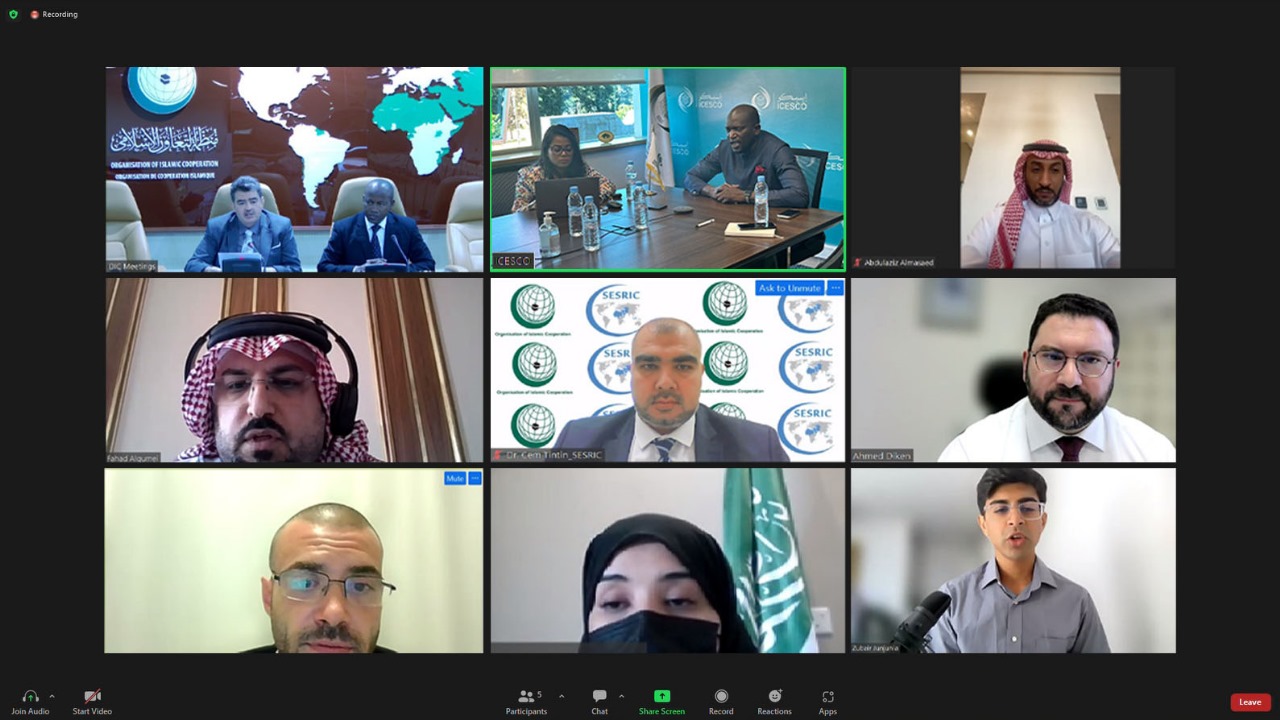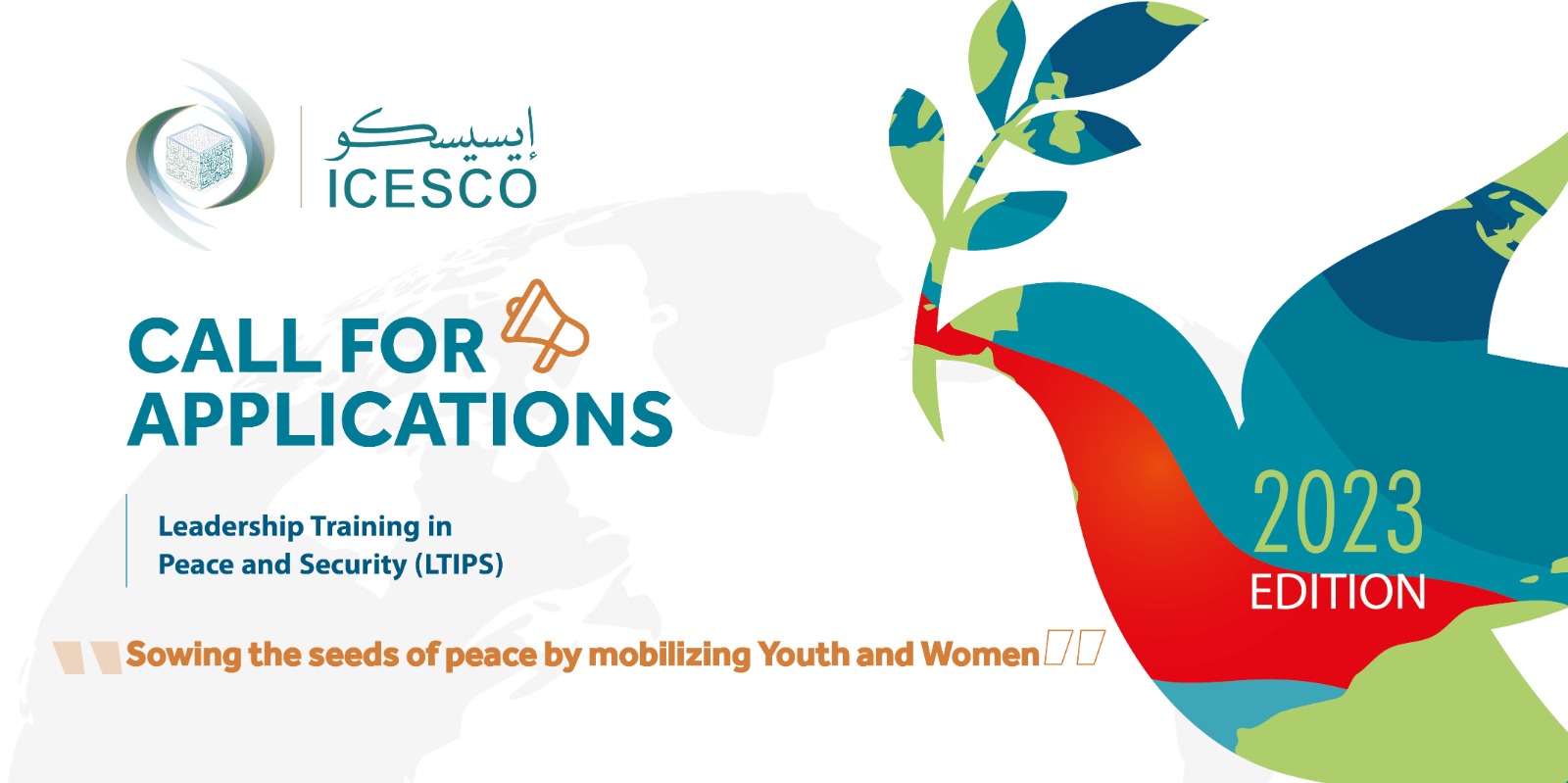Dr. Salim M. AlMalik, Director-General of the Islamic World Educational, Scientific, and Cultural Organization (ICESCO), received Dr. Driss El Hadani, Senior Advisor to the director of the United Nations Office for Outer Space Affairs (UNOOSA) in Vienna, Austria. They explored potential opportunities between ICESCO and UNOOSA, particularly in encouraging investment in space exploration, space applications and youth capacity-building in the field.
Dr. AlMalik opened the meeting, held on 8 September 2023 at ICESCO Headquarters in Rabat, by congratulating Dr. Hadani on his appointment to such a prestigious position in an international organization, wishing him success in his mission stating that the Islamic World as a whole shares Morocco’s honor and pride about his achievement.
For his part, Dr. El Hadani thanked the ICESCO Director-General for the meeting, stressing that he was keen to visit the headquarters of the Organization before leaving Rabat to assume his new duties in Vienna.
He also noted that he had followed ICESCO’s programs and activities and its active role in the field of space sciences during his tenure as the director of the Royal Center for Remote Sensing in the Kingdom of Morocco. Moreover, Dr. El Hadani commended the Organization’s efforts in promoting the importance of space sciences.
The meeting touched upon proposals for cooperation between ICESCO and the United Nations Office for Outer Space Affairs to encourage the countries of the Islamic world to engage and invest in space science, which is witnessing successive developments, through the joint organization of international conferences and training workshops for young people.
The meeting was attended by Dr. Raheel Qamar, Head of Science and Technology Sector at ICESCO, and Dr. Muhammad Sharif, Advisor in the Sector.
